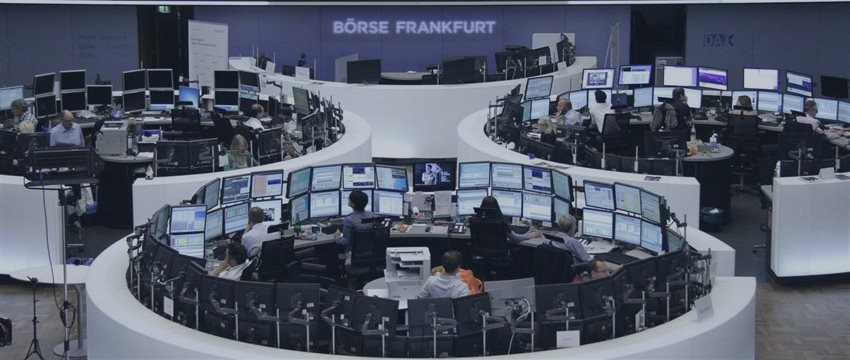While Monday marked a quiet start of the trading week, with the biggest European markets closed for the bank holiday, the rest of it is expected to be more active. Markets in the periphery suffered losses, as Spanish regional and municipal elections underscored the risks of recovery and as Greece's interior minister said the country won't be able to make the payment to the IMF in June.
Spanish economy logged a 0.9% growth becoming one of the fastest growing EU countries in the first quarter. However, the elections now posted a threat to a recovery, as the popularity of the ruling Popular Party was now at 20 year trough, as the party was punished for high unemployment rate and corruption.
The voting over the weekend was also uneven making an
overall majority for any party very unlikely while the rise of parties
like Podemos could pose further problems for the eurozone down the road. A number of analysts now compare Spanish left-wing Podemos with Greece's Syriza and are afraid of Greece-like fiasco.
The success of Podemos at the election later this year could be supported or severely hampered by the success of failure of the Alexis Tsipras’ negotiations with the country’s creditors in the next couple of weeks, says Market Pulse. Success of negotiations in Greece could set a precedent for other similar minded parties in other countries where people are growing tired of austerity.
Talks aren’t going well for Tsipras.
"The four instalments for the IMF in June are €1.6bn, this money will not be given and is not there to be given," Nikos Voutsis told Greek TV on Sunday.
Prime Minister Alexis Tsipras said Greece cannot stand any more austerity measures, Finance Minister Yanis Varoufakis said his government has met the euro area and IMF three-quarters of the way so it’s up to creditors to cover the remainder.
In the eurozone, leaders are reluctant to give in to the demands of Syriza and similar parties and the harder the stance they take with
Tsipras, the less likely it is that they will have to go through it over
and over again in the future.
Talks between Greece and creditors are expected to resume tomorrow and will likely dominate most of the week with it not offering too much on the data front and earnings season having eased off greatly.
Meanwhile, the U.S. is expected to release a series of economic data, in particular, the
latest durable goods orders for April followed by this month’s CB
consumer confidence reading. This month the UoM consumer sentiment number fell
dramatically which was quite worrying after the
disappointing retail sales figures throughout the winter months.
New home sales from the US as well as the May services
and composite PMI readings are also expected later in thе global day.
Finally, Fed member Stanley Fischer is to speak about the global economic outlook at Tel Aviv University.



